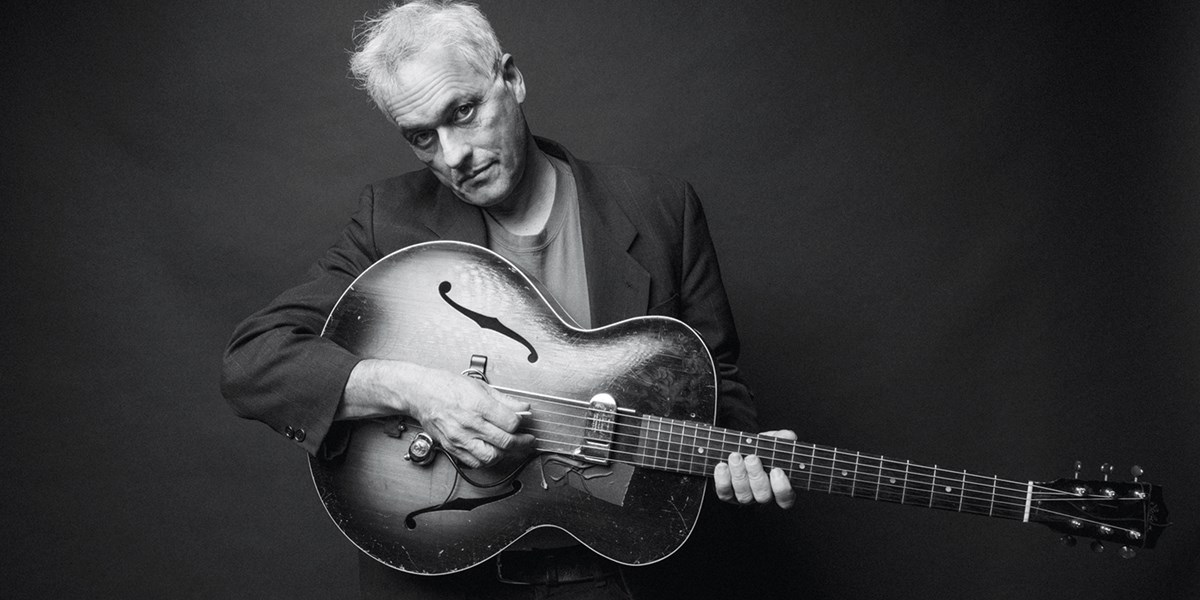Thursday, October 31, 2024
Marc Ribot: A Beginner's Guide
The US guitarist talks to Daniel Spicer about his artificially enhanced Cuban troupe, learning under Haiti’s Frantz Casseus, playing to Susana Baca’s dance moves and why he prefers Caetano Veloso on record

Marc Ribot (photo: Ebru Yildiz)

Register now to continue reading

Thanks for visiting the Songlines website, your guide to an extraordinary world of music and culture. Sign up for a free account now to enjoy:
- Free access to 2 subscriber-only articles and album reviews every month
- Unlimited access to our news and awards pages
- Our regular email newsletters

